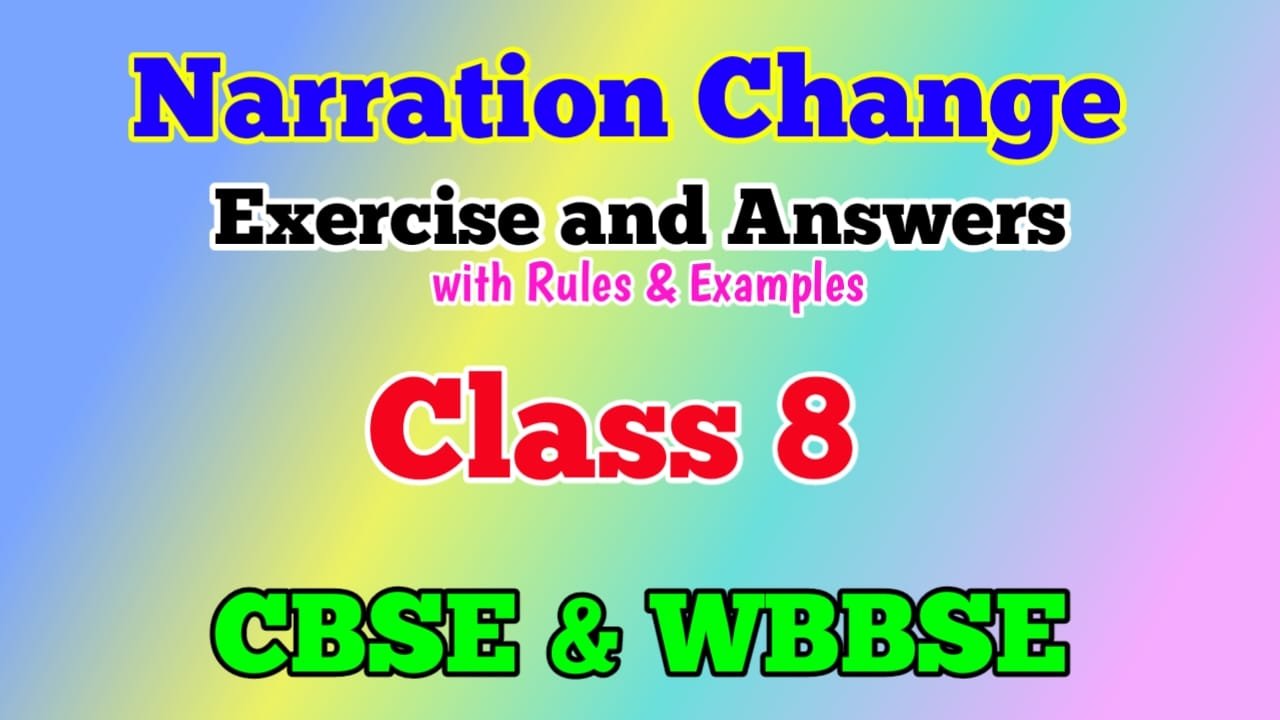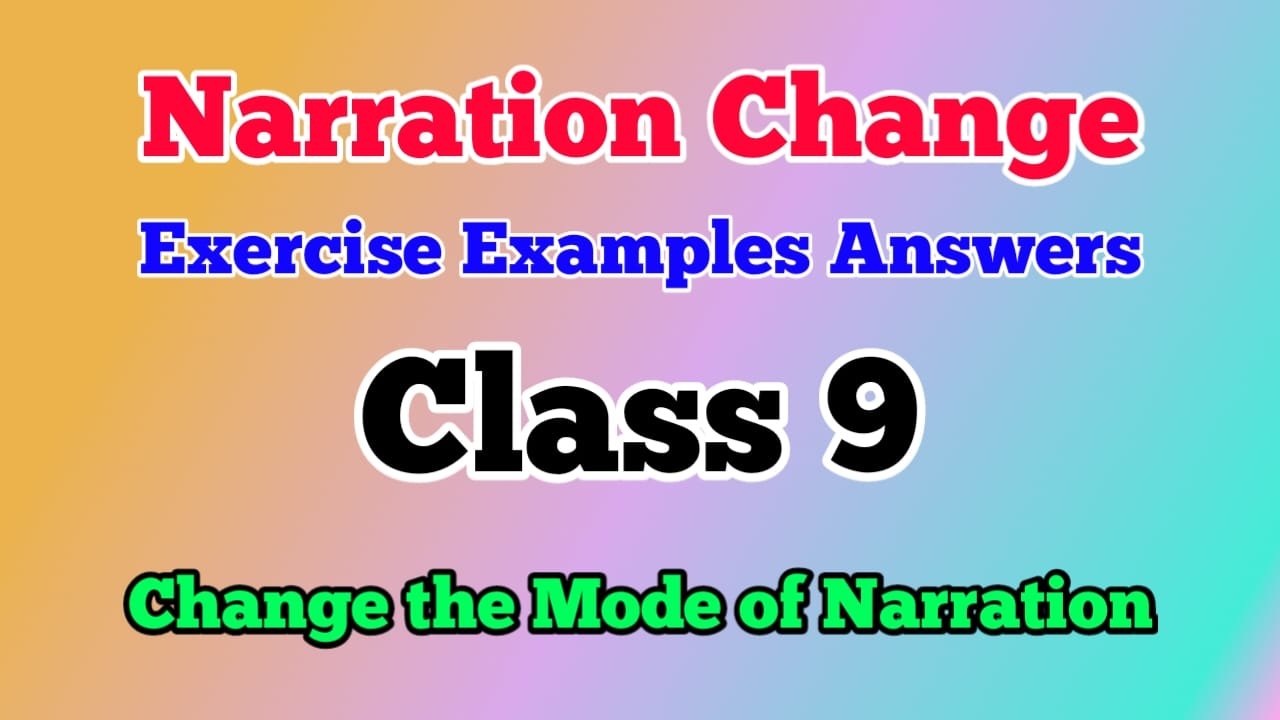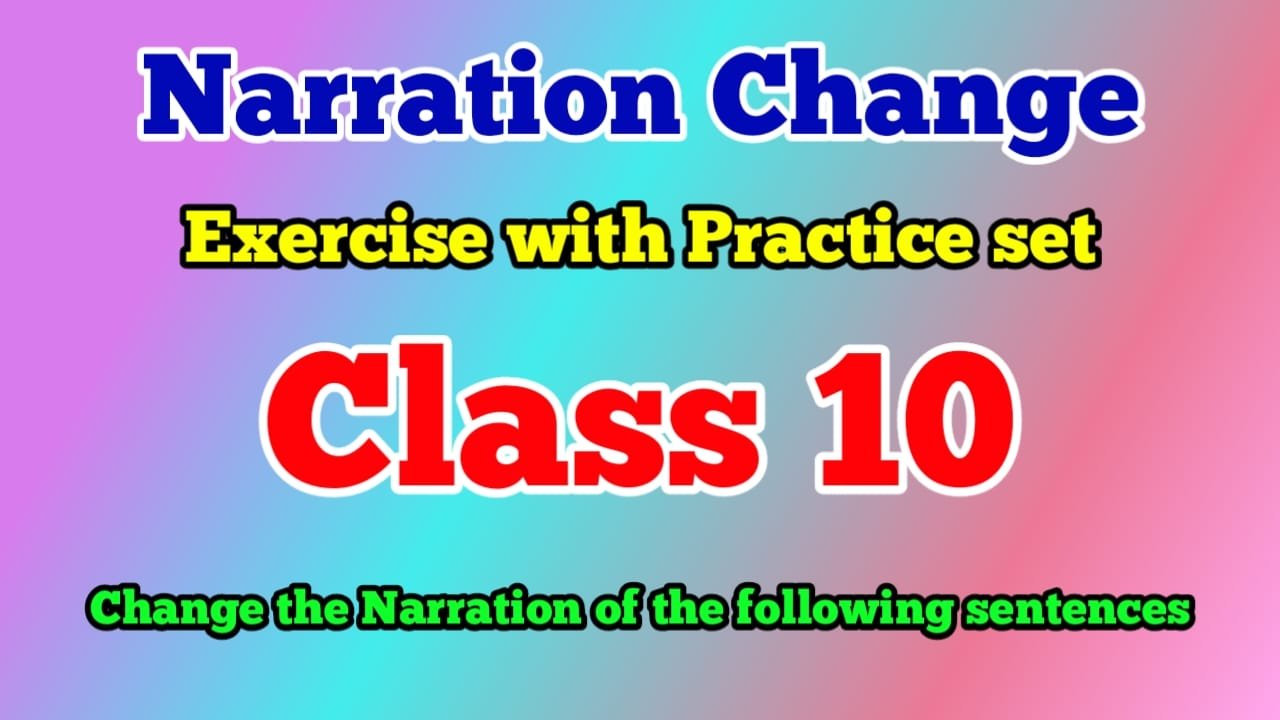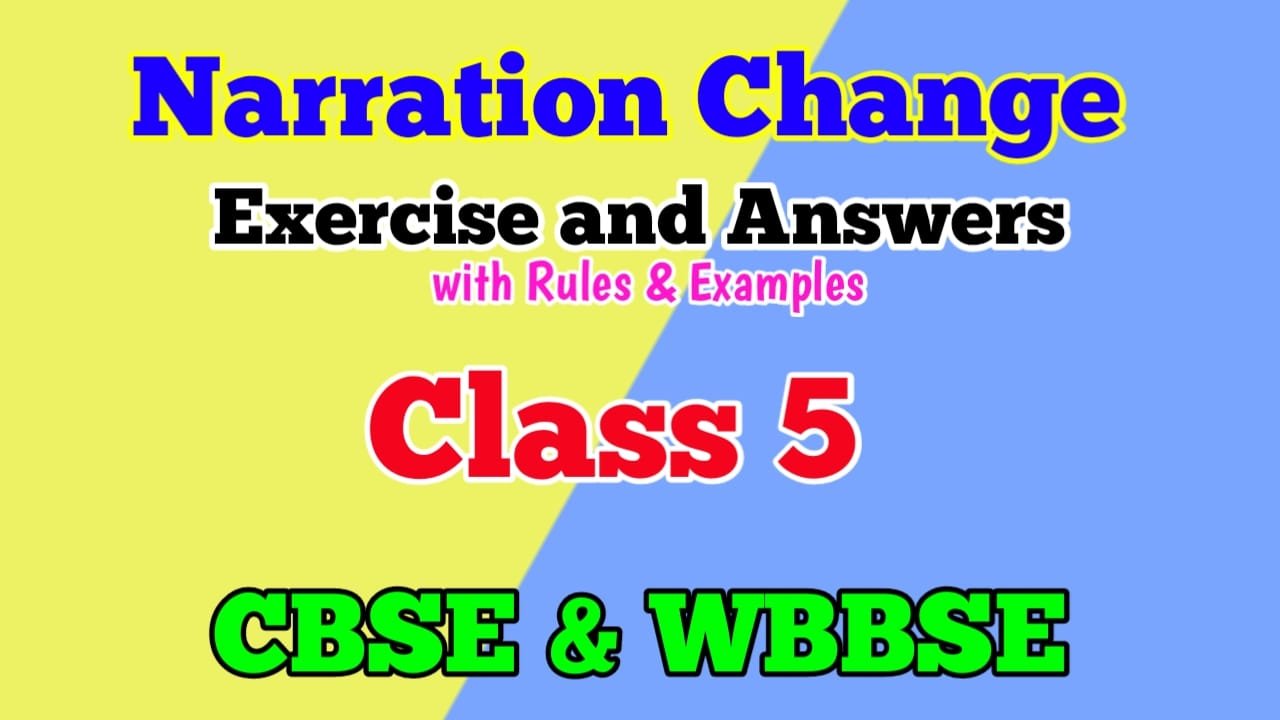Identify Subject and Predicate for Class 6 with Examples tailored for Class 6 students. Perfect your grammar skills effortlessly!
Every sentence has two parts- a subject and a predicate. The subject is the noun or the pronoun about which the sentence tells us something. The predicate tells us something about the subject. The predicate contains the action done by the subject.
Subject of a sentence
The subject is the noun or the pronoun about which the sentence tells us something.
- Latha lives in Bengaluru.
The above sentence tells about ‘Latha’ and it is a Noun. So, the word,’ Latha’ is the subject of the sentence, ’Latha lives in Bengaluru.’
English Grammar Ebook for Class 6
Predicate of a Sentence
The predicate tells us something about the subject. The predicate contains the action done by the subject.
- Latha lives in Bengaluru.
The phrase, ‘lives in Bengaluru.’ tells about the subject, ‘Latha’. So, ‘lives in Bengaluru.’ is the predicate of the sentence, ‘Latha lives in Bengaluru.’
Compound Subject and Predicate
♦ The subject in a sentence may occur as one word or as a phrase.
For example,
- Kohli was unwell.
- The captain of the team was unwell.
- Many African countries are struggling to fight poverty.
- The melting of the Himalayan glaciers is alarming.
- Playing cards is my grandpa’s favorite pastime.
- Playing outdoor games is good for children.
Sometimes a sentence can consist of two or more subjects. The conjunctions usually join the subjects and, or, both… and, either…or, neither…nor, as well as, along with, or not only…but also.
For example,
- My mother and my granny are going to the mall.
- Either Shravan or Bhuvan will win the race.
- The soldiers as well as the general are marching.
- A car along with a truck was towed away by a crane.
When a verb has two or more subjects, we say that the verb has a compound subject.
The predicate in a sentence may have one word or more than one word.
For example,
- Birds fly.
- The puppy was very naughty.
Remember: The predicate of a sentence will always contain a verb.
Sometimes a sentence can consist of two or more predicates. The conjunctions usually join the predicates. I.e., and, or, both…and, either…or, neither…nor, as well as, along with or not only…but also.
For example,
- Aditya lives in Chennai and speaks Tamil.
- She came, saw, and conquered.
- The dolphins swam and splashed near our boat.
When two or more verbs or verb phrases that share the same subject are Joined by conjunction, we call it a compound predicate.
Identifying the Subject
Very often, the subject comes before the verb.
For example,
- Mahima is my best friend.
- Mr Khan is our class teacher.
However, in some sentences, the subject follows the verb. Let us study them.
Sentences that begin with Here/There
In sentences that begin with Here/There, the subject usually appears at the end.
For example,
- There are the two puppies.
- Here is the shop.
Interrogative sentences
In interrogative sentences, the subject follows the auxiliary verb.
For example,
- Does Maya need another blanket?
- Have we met before?
- Did the dog bark?
To find the subject in an interrogative sentence, we should change the question
into a declarative sentence.
For example,
- Maya needs another blanket.
- We have met before.
- The dog barked.
Imperative sentences
In imperative sentences, the subject is you, but it is not usually written or spoken.
For example,
- (You) Take this book.
- (You) Look at that nightingale.
- (You) Sow the seeds in November.
Exclamatory sentences
In exclamatory sentences, the subject comes before the verb.
For example,
- How beautiful she looks!
- How amazing the Taj Mahal is!
To find the subject, we should change the exclamatory sentence into a declarative sentence.
For example,
- She looks very beautiful.
- The Taj Mahal is amazing.
Sentences that begin with It/There/Here
Sometimes sentences take it as their subject. This is usually used in non-imperative sentences where the subject is not directly attached to the verb but is placed elsewhere in the sentence.
- It is a bright sunny day.
- It is going to rain today.
It is a dummy pronoun and acts just like any other noun/pronoun in a sentence. Unlike the ordinary pronoun it, dummy it pronoun refers to nothing specific.
Similarly, we use there as a dummy subject in structures like ‘there is’ and ‘there are’.
For example,
- There is a man outside the office who wants to talk to you.
- There are quite a few souvenir shops outside the Taj Mahal.
Class 6 English Grammar Chapter-Wise Contents:
3: Nouns
5: Gender
6: Case
7: Pronouns
8: Verbs
10: Adjectives
12: Adverbs
13: The Simple Tense
17: Prepositions
18: Conjunctions
19: Articles
22: Direct and Indirect Speech
Subject and Predicate for Class 6 Worksheet
Practice identifying subjects and predicates with engaging worksheets designed for Class 6 students.
Worksheet 1
A. In the blanks, mention whether the highlighted word or phrase is a subject or a predicate.
1. Latha lives in Bengaluru.
2. Katie is a sweet girl.
3. The students studied well.
4. I have cereal for breakfast.
5. The boys arrived late.
6. The little child was shy.
7. The journey was too long and tedious.
8. Pluto is no longer considered a planet of the solar system.
Worksheet 2
B. Underline the subjects and double-underline the predicates. Identify the compound subjects and predicates.
It was a lazy Sunday afternoon and the sky was a translucent blue. The twins, Aashish and Aashini were sitting at the Great Lake, by their grandparent’s house. Their summer holidays were going on and they had plenty of free time. Aashish put on his swimming shorts and got a small towel before coming outside. He put on his swimming goggles and dived into the water.
The water was cold but comfortable as it was a very hot day. His grandfather told him that there were many types of fish in the lake and when Aashish would go swimming he could go look at them. Since today was a hot day, Aashish decided to go swimming, and if he was lucky, take a look at some of the fish.
He dived into a lake and started swimming towards the bottom of the lake. On the way, he saw a school of small fish. He kept swimming down, admiring the incredible fish species he could find and eventually reached the lake bed. Aashish could hold his breath for about three minutes while swimming very fast because he was a proficient swimmer.
As he kept going deeper, the environment became colder and darker. He saw some very tiny fish down there, but no sign of plant life. Suddenly, he saw something glow. He wanted to investigate, but he needed to get to the surface as fast as he could because was running out of breath. What he saw there was something he couldn’t believe.
Worksheet 3
C. Underline the subject in each of these sentences.
1. Look at the cuckoo on that tree.
2. It was a funny joke.
3. Mix the butter and the sugar first.
4. Enjoy your new hobby.
5. It has been very damp and dark since morning.
6. One of my hobbies is bird-watching.
7. Are burgers and fries good for you?
8. Return this book to the library immediately.
9. Do you realize the importance of studying hard?
10. There are some bananas over there.
11. Different species of animals and plants grow on this island.
Worksheet 4
D. Complete the sentences by adding suitable compound subjects or predicates.
1. The last book ………………………………………
2. ……………………………………… are the names of rivers in India.
3. My mother ………………………………………
4. ………………………………………live near the South pole.
5. ……………………………………… play in the park every Sunday.
6. ……………………………………… are red and juicy.
7. ……………………………………… are healthy, tasty, and good for us.
8. A caterpillar ………………………………………
9. ……………………………………… are good friends.
10. ……………………………………… have snowfall every winter.
FAQs: Identify the Subject and Predicate for Class 6 with Examples
What is an example of a subject and predicate class 6?
Ans: In the sentence “The cat sleeps,” “The cat” is the subject, and “sleeps” is the predicate, exemplifying basic subject-predicate structure for Class 6 students.
What are the 10 examples of subject and predicate?
Ans: 1. Dogs bark. (Dogs – subject, bark – predicate)
2. The sun shines. (The sun – subject, shines – predicate)
3. Mary sings beautifully. (Mary – subject, sings beautifully – predicate)
4. Birds fly high. (Birds – subject, fly high – predicate)
5. My sister cooks dinner. (My sister – subject, cooks dinner – predicate)
6. The flowers bloom in spring. (The flowers – subject, bloom in spring – predicate)
7. Children play in the park. (Children – subject, play in the park – predicate)
8. The teacher explains the lesson. (The teacher – subject, explains the lesson – predicate)
9. Rain falls softly. (Rain – subject, falls softly – predicate)
10. We study English grammar. (We – subject, study English grammar – predicate)
How do you identify the subject and the predicate?
Ans: To identify the subject and predicate in a sentence, locate who or what the sentence is about (subject) and what is said about the subject (predicate). The subject usually comes before the predicate and can be a noun, pronoun, or noun phrase, while the predicate contains the verb and provides information about the subject.







